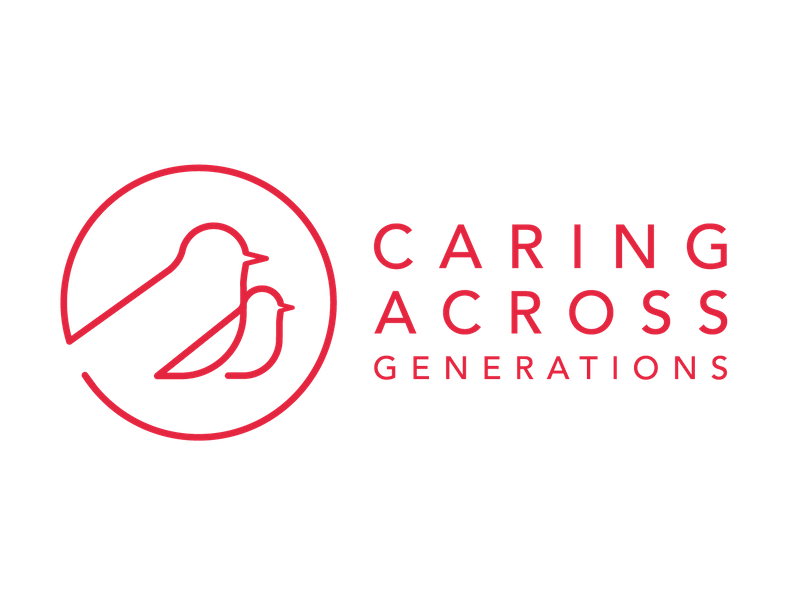 In Person
In Person
Geena Davis Institute, in partnership with Caring Across Generations, hosted a virtual event to discuss the findings of their research on the depiction of caregiving in scripted television. This event highlighted the current state of aging and disability care representation and explored ways to enhance authenticity and diversity in media portrayals.
Speakers and Panelists
Geena Davis, Founder and Chair, Geena Davis Institute, opened the event with remarks on the critical need for accurate caregiving representation in media.
Madeline Di Nonno, President and CEO, Geena Davis Institute, welcomed participants and moderated the panel discussions.
Dr. Larissa Terán, Lead Media Researcher, detailed the research outcomes, shedding light on the often overlooked aspects of caregiving in media.
Panel Discussion:
The panel discussion, moderated by Madeline Di Nonno, featured a dynamic exchange of ideas among esteemed panelists:
Robin Shorr, TV writer and showrunner, shared insights on integrating care themes in comedy and the potential of humor to challenge stereotypes and broaden care narratives.
Andraéa LaVant, an impact producer and disability consultant, emphasized the importance of dismantling harmful stereotypes and advocated for more inclusive storytelling practices.
Jacquelyn Revere, a care influencer and writer, spoke about her personal caregiving experiences and the need for television to reflect the diverse realities of caregivers, including the challenges and triumphs they face.
Lydia Storie, Director of Culture Change at Caring Across Generations, highlighted the societal impact of authentic care representation in media, stressing the role of storytelling in shaping public perception and policies related to caregiving.
The panelists discussed the underrepresentation of diverse caregiving experiences, particularly for people of color and those in the disability community. They also addressed the narrative gaps in portraying the complexities of caregiving, including financial strain, work-life balance, and the mental and physical health impacts on caregivers. The conversation turned towards actionable steps for content creators to incorporate broader and more inclusive care-related storylines, moving beyond traditional narratives to showcase a wider range of caregiving experiences.
The event concluded with a Q&A session, allowing the audience to engage directly with the speakers. Madeline Di Nonno wrapped up the session with closing remarks, highlighting the importance of continued dialogue and action in improving care representation in media. The report presented is available for download on the Geena Davis Institute website.
This virtual event marked a significant milestone in the journey toward better representation of caregiving in media, underscoring the necessity for diverse, accurate, and inclusive portrayals that resonate with the varied experiences of caregivers and those in their care.
 In Person
In Person Salon
Salon